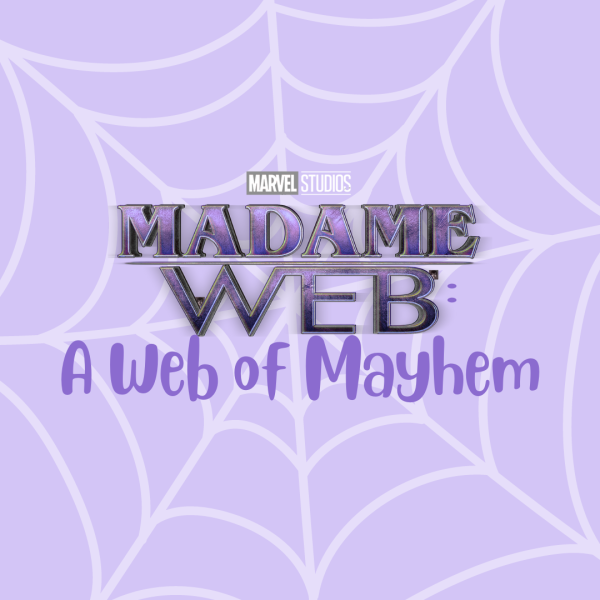The Placebo Effects of Mental Health Games: Toying with Neuroscience
Many have seen advertisements for alleged brain-training games. In addition, countless have likely fallen into the allure of potentially getting smarter, or other ideas they associate with “brain-training.” Still, few really understand the actual purpose, ideas, and verifiable results behind companies like Lumosity, Brain HQ, and Elevate.
Essentially, these companies aim to produce games and puzzles that reduce memory loss and improve problem-solving capability as well as IQ. When one begins “brain training,” they are expected to complete approximately 10 minutes of mental stimulation on a daily basis. In Lumosity, this quickly morphs into an individualized training plan, in which participants can choose to develop one of five cognitive functions: problem solving, attention, speed, memory, and flexibility. Lumosity and Brain HQ compare this to a strenuous workout for the brain. Eventually, one can hone in on each category and improve their brain’s performance. After facing these practice tests for several weeks, one will begin to see rises in their ability compared to others of their age range, and their ratings can continue to improve as long as they play.
Based on this advertising and purpose, these games are very attractive to the elderly, specifically to those facing memory loss. Many adults likely seek to derail Alzheimer’s or other illnesses; however, it is not just adults playing these games. Business magazine “Inc.” reported in 2013 that Lumosity had over 50 million users, many of which were young adults and teens seeking to sharpen their brains. As a result, many of those trying out brain-training activities have developed new strategies to use the system; one such person is New England Patriots quarterback Tom Brady. Brady uses Brain IQ to improve his reaction time and thinking speed, something that he considers vital to his pregame routine. Brady spoke about this practice in an interview with Brain HQ.
“I’m not a brain scientist,” Brady said. “But I can tell you about my experience after using the exercises, I could feel myself seeing more, seeing things more quickly and accurately, and making better decisions, faster.”
Despite all the attention brain-training games have received, there is relatively little scientific backing for the procedures. In an article for the online science and space news outlet “Live Science,” UC Berkeley professor emeritus of medicine John Swartzberg claimed that cognitive training has almost no evidence to support its function and that it is strongly opposed by the brain health scientific community. Similarly, a study in “The Journal of Neuroscience” found no link between cognitive training and brain performance. Perhaps these games really do do nothing for the users.
Still, it is apparent these companies will continue to find success. Many will find a way to to make use of the various platforms, even without convincing research. In addition, some will also continue to use the platforms in unorthodox ways, similar to Brady. Either way, the idea of increasing one’s brain function is incredibly appealing, and idea which will continue to propel Lumosity, Brain HQ, and others.
Hello there! Our goal is to provide relavent, engaging journalism for readers of all ages. Your donation will support the student journalists of the Wolfpacket at Claremont High School, and will allow us to purchase equipment, print our monthly issues, and enter in journalism competitions. We appreciate your consideration!

Jaden Clark is a senior attending Claremont High School. It is his third year on the Wolfpacket, and he is currently an Assistant Editor-in-Chief. Clark...














